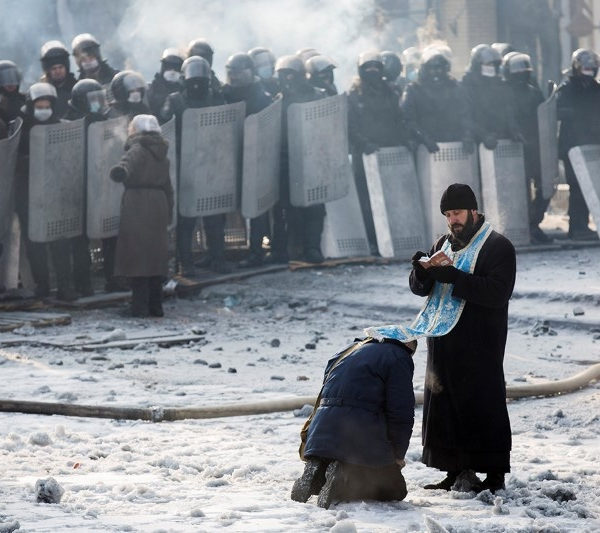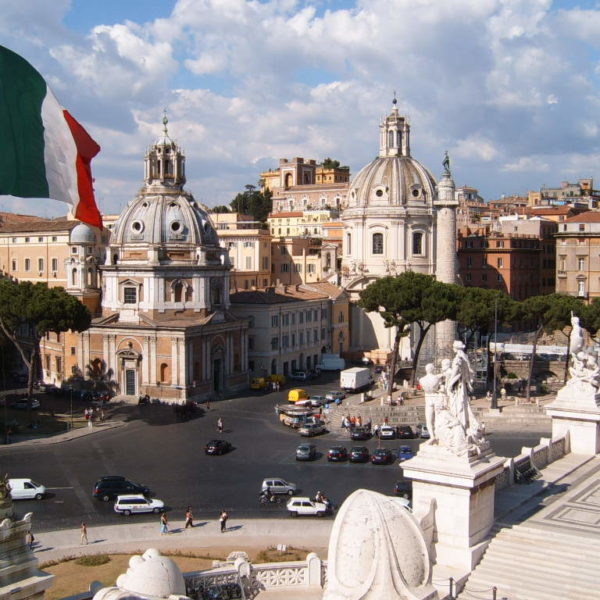
This May, two exciting conferences on political-theological themes have been organized to take place in Rome back-to-back. The first, “Economic Theology/Theological Economics” is taking place at Lumsa University in Rome, May 20-21.
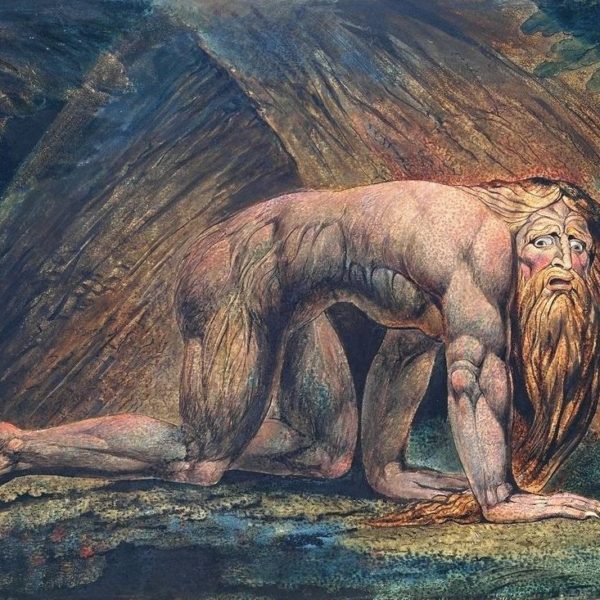
The first goal was to open up how students “read” a text, which in turn means opening up how they understand both “scripture” and religion. In that regard I consider myself a Blakean – I read the texts as poetry, most of all, but reified into “theology” and law by “priestly” types, so that, to experience those texts again we must go behind how catechisms have taught us to read them.
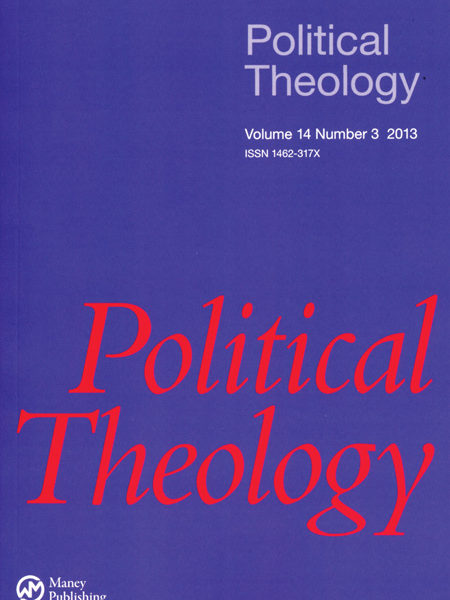
This issue of Political Theology focuses on the theme of “religion and radicalism.” It is one of the fruits of an international research network of the same name, a network that has members from nearly every inhabited continent on the globe.
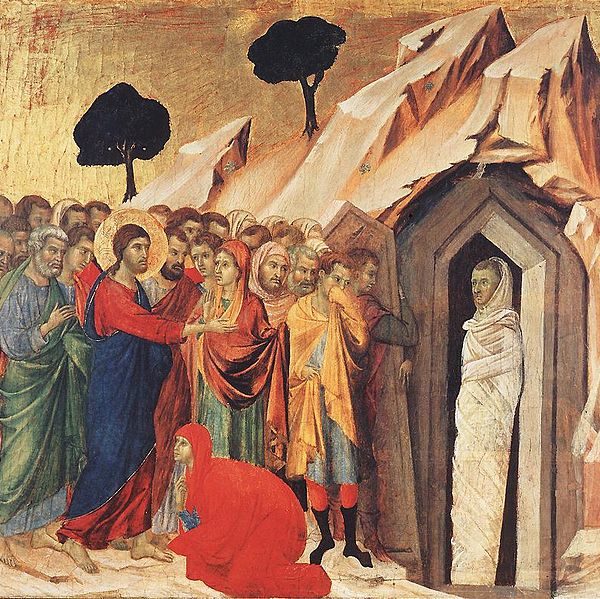
Although at first glance they may appear incidental, the frequency of border crossings in the story of the raising of Lazarus suggests the presence of a theme. Through a narrative of successive boundary crossings, the power and willingness of God to traverse any distance and border is made manifest.
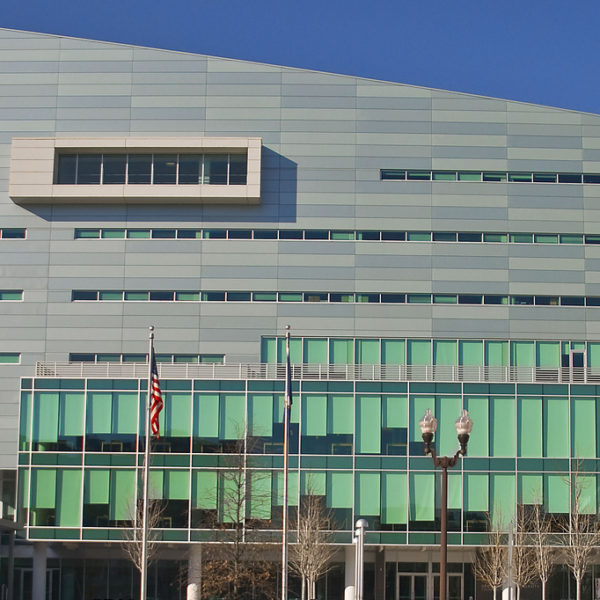
When I was asked to contribute syllabi on political theology I thought it would be a great chance to look back and reflect on how my thinking and teaching on the topic have evolved. I think of a course I am currently teaching under this rubric, even though its title and official description eschew all reference to theology, and some of the very first courses I taught were expressly geared toward the topic of political theology.
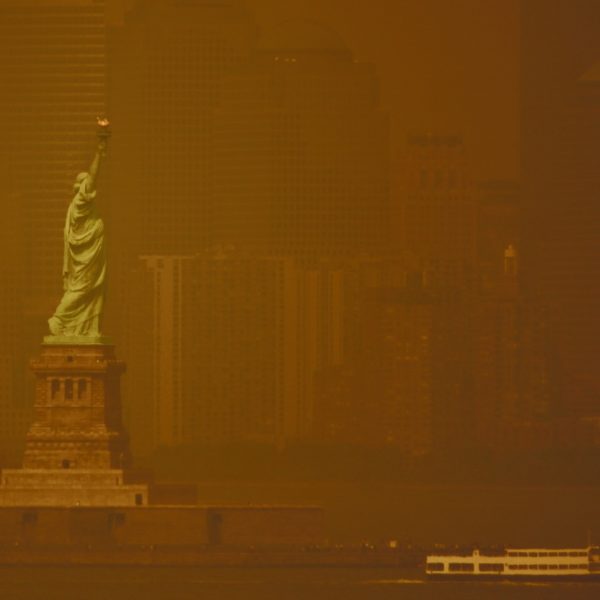
In a recent article defending a “nudge” approach to public policy, where behavioral economics is employed to provide mild modifications of individual preferences and behaviors in ways that serve said individuals’ good, Charles Mathewes and Christina McRorie take Richard Williams to task for his “libertarian” criticisms of the nudge approach. I’m rather sure that the libertarianism they attribute to Williams is neither necessary for his argument or a remotely accurate portrayal of libertarianism as a political philosophy.

The phrase “political theology” is used in many ways, across many disciplines. Over the past few years, an increasing number of courses have been offered calling themselves Political Theology, or describing their topics as political theology. We have invited faculty from political science, religious studies, theology, and history who teach courses on political theology to share their syllabi on this blog over the coming weeks, and to reflect on political theology pedagogy
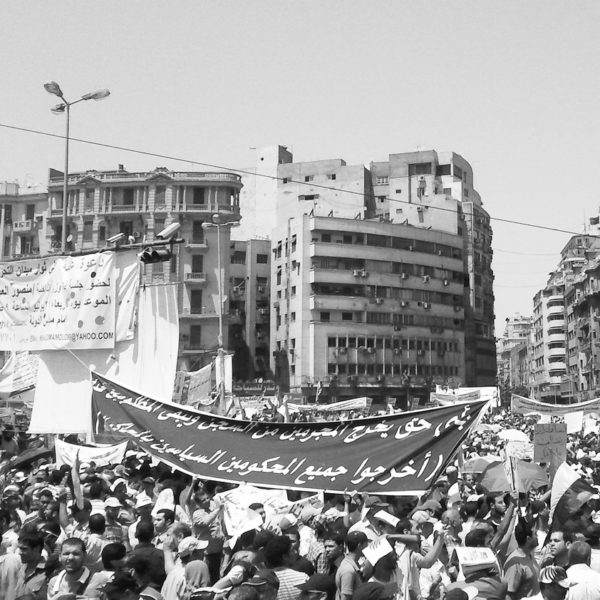
. . . It all sounds so beneficial, benignly urging us towards a better life and perhaps even a better society. The problems with ‘nudging’, however, are significant, although I restrict myself to the key ones: it misses the dialectic of nature and nurture; it misses the very conditions under which nudging take place; and it lacks a proper sense of the role of reform.
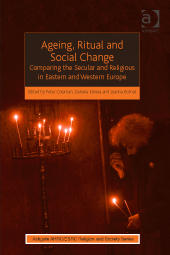
Our book connects the subject of ageing with that of religion in contemporary European society. This might seem a natural association to make but in fact is largely missing in current research in both gerontology and religious studies. . . . The study of ageing in its turn has also given limited attention to the role of religious faith and practice, as well as to secular alternatives to religion, in providing existential meaning to older people’s lives.
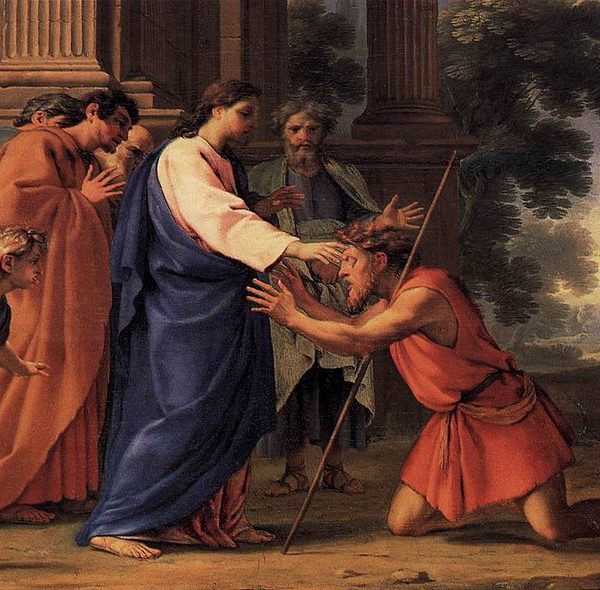
The story of Jesus’ healing of the blind man in John 9 presents us with the politics of exclusion in operation. However, in a twist, it is the politics of exclusion that are revealed to be excluded.
